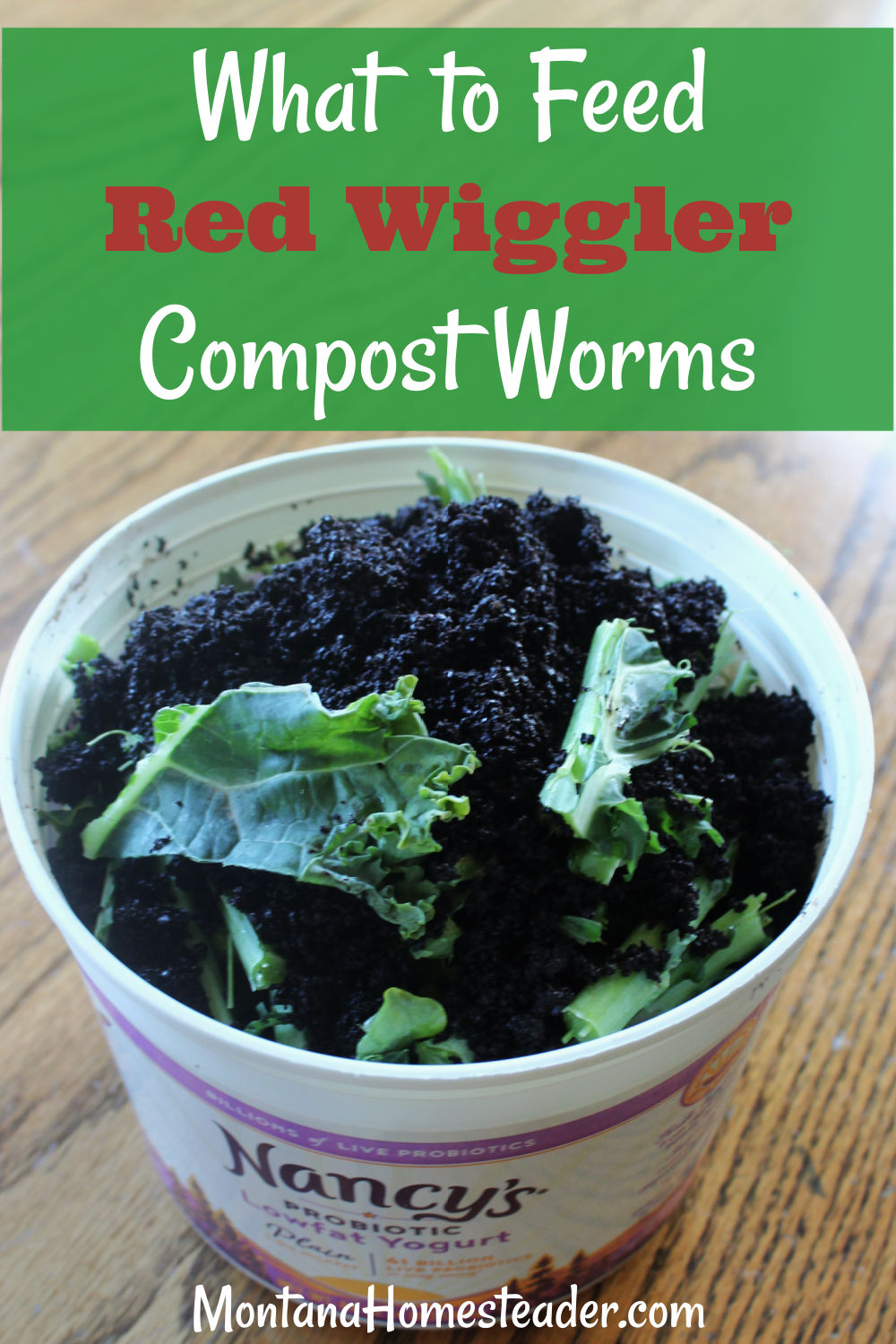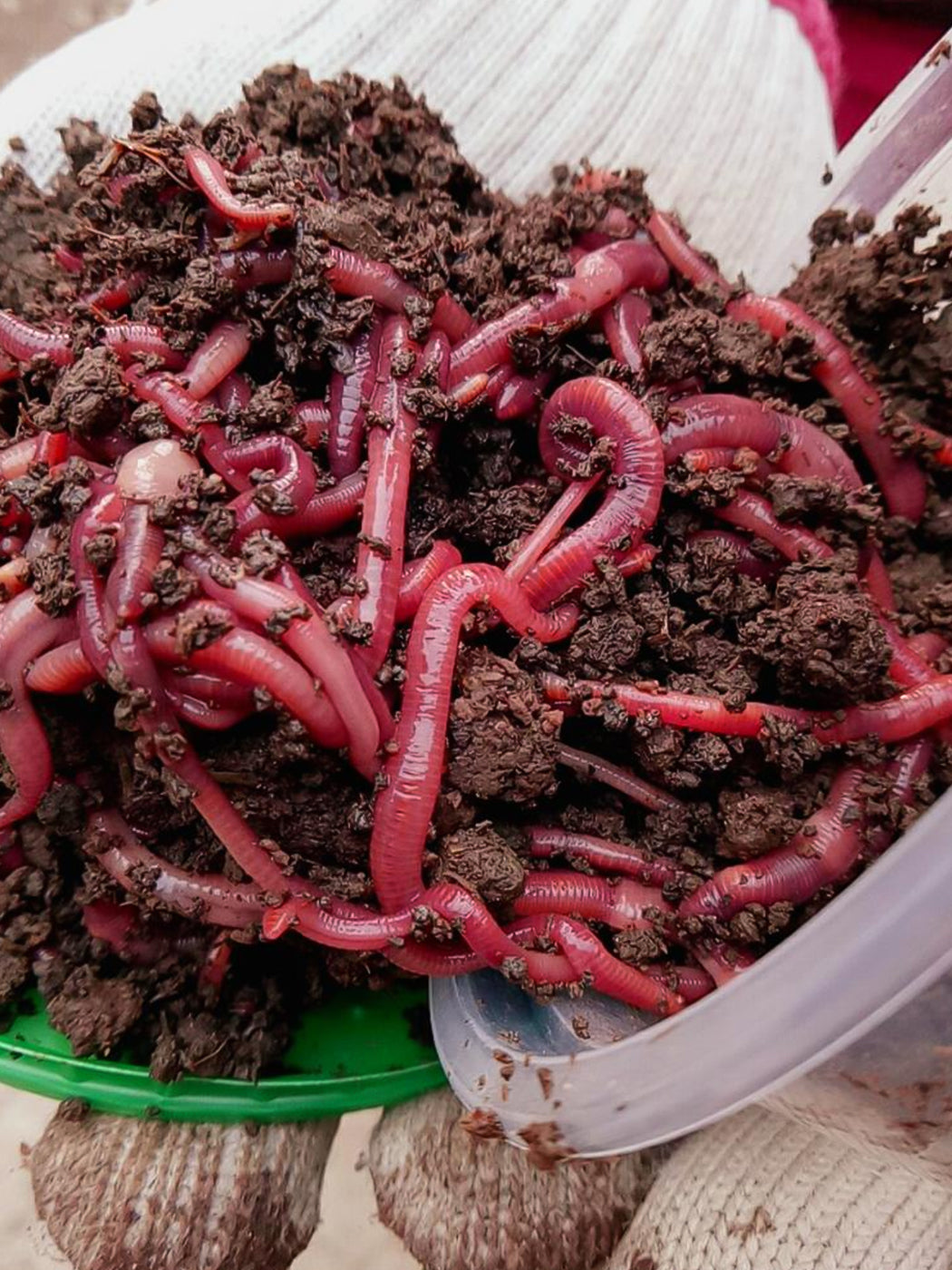Unlock the Tricks of Red Wigglers: Your Guide to Composting Success
The combination of red wigglers into composting practices presents a considerable chance for improving soil wellness and promoting sustainability. These microorganisms are not simply effective recyclers of natural waste; they provide a myriad of advantages that can transform yard administration. Recognizing their requirements and habits is crucial for optimizing their possibility, from establishing a suitable worm bin to feeding them the ideal products. As we check out the crucial components of successful vermicomposting, one may question exactly how these small creatures can bring about a much more vivid and productive yard ecosystem.

What Are Red Wigglers?
(Red Wiggler Express)Red wigglers, clinically referred to as Eisenia fetida, are a varieties of earthworm largely utilized in composting due to their impressive capability to disintegrate organic matter successfully. These worms are defined by their reddish-brown pigmentation and a segmented body, normally gauging between 3 to 4 inches in length. Unlike other earthworm varieties, red wigglers flourish in abundant, organic settings, making them optimal for vermicomposting systems.
Belonging To The United States And copyright, they are typically located in rotting fallen leaves and compost stacks, where they play a vital function in nutrient recycling. Their adjustment to living in a damp, cardio environment allows them to eat large amounts of organic waste, simplifying right into nutrient-rich castings that improve dirt health.
Red wigglers reproduce quickly, with a solitary worm qualified of producing several cocoons each week, each including several hatchlings. Comprehending the biology and habits of red wigglers is crucial for maximizing their capacity in composting applications.
Benefits of Utilizing Red Wigglers
Taking advantage of the power of red wigglers in composting supplies countless advantages that boost dirt wellness and advertise lasting waste administration. These exceptional organisms effectively break down organic matter, changing kitchen scraps and yard waste into nutrient-rich vermicompost. This ended up item is incredibly valuable for plant development, as it enhances soil framework, increases moisture retention, and boosts nutrition accessibility.

(Lake Rhodhiss Bait)Furthermore, the presence of red wigglers in your composting system can increase the click here to read composting process, generating top notch compost in a portion of the time contrasted to conventional techniques. The spreadings created by these worms are also including beneficial microbes that even more improve the soil community.
Establishing Your Worm Bin
Developing a reliable worm bin is an uncomplicated process that can significantly boost your composting efforts. The very first action is choosing an ideal container. Worm bins can be made from plastic storage containers, wooden boxes, or commercially available worm bins. Make certain the bin has ample drainage and ventilation openings to maintain optimal dampness levels and air flow.
Following, prepare the bed linens product, which offers as the worms' environment. A mix of shredded paper, cardboard, and coconut coir functions well, providing a comfortable environment for the worms.

Feeding Your Red Wigglers
To make sure the health and performance of your red wigglers, it is crucial to supply them with a balanced diet regimen that meets their dietary requirements. Red wigglers thrive on a varied range of natural materials, which not just supply necessary nutrients however also promote efficient composting.
Begin by including kitchen scraps such as veggie peels, fruit cores, and coffee grounds. Stay clear of citrus fruits, onions, and garlic, as these can be harmful to worm wellness. Furthermore, present shredded paper, cardboard, and dry fallen leaves to create a well-aerated setting.
Feeding frequency need to be kept an eye on; usually, worms can take in half their body weight in food weekly. It is critical to avoid overfeeding, as excess food can cause unpleasant odors and bring in pests. A great technique is to add food in tiny amounts, enabling worms to refine it prior to presenting more.
Preserving dampness degrees is also important; the bed linen should be damp however not soggy. Be sure to frequently examine the temperature level and pH degrees of the container to ensure an optimal atmosphere for your red wigglers, inevitably boosting their composting performance.
Harvesting and Using Garden Compost
A successful composting process with red wigglers finishes in the rich, dark compost called vermicompost, which can considerably enhance dirt wellness and plant growth. Harvesting this nutrient-dense product commonly takes place every three to six months, relying on the size of your system and the amount of raw material being refined.
To gather, carefully different the garden compost from the worms and any type of undecomposed products. One effective method includes moving the materials of the container away and adding fresh bedding and food to the void, urging the worms to migrate. After a few days, the garden compost can be accumulated from the opposite side.
It is necessary to utilize vermicompost correctly to maximize its advantages. By incorporating vermicompost into your horticulture regimen, you not just reuse natural waste yet additionally develop a flourishing environment that supports sustainable gardening practices.
Verdict
In recap, red wigglers offer as remarkable allies in composting initiatives, changing organic waste into nutrient-rich vermicompost. By comprehending the optimum problems for their habitat, feeding needs, and compost harvesting methods, garden enthusiasts can enhance dirt wellness and advertise plant vitality.